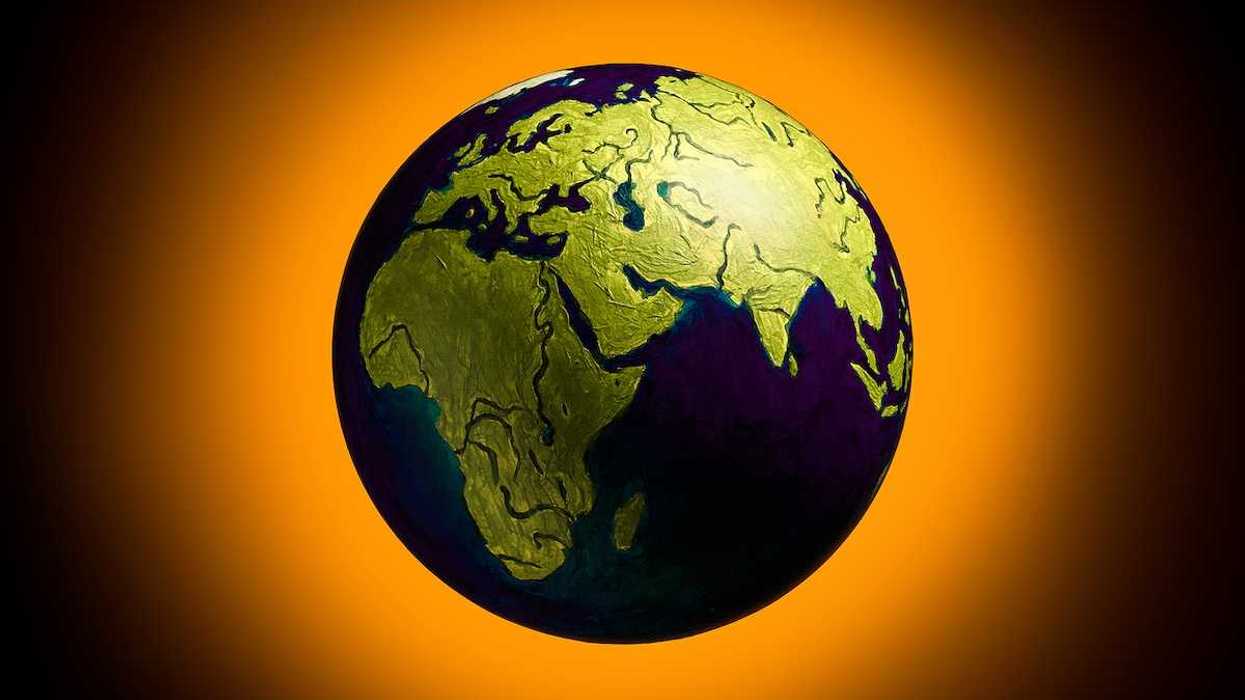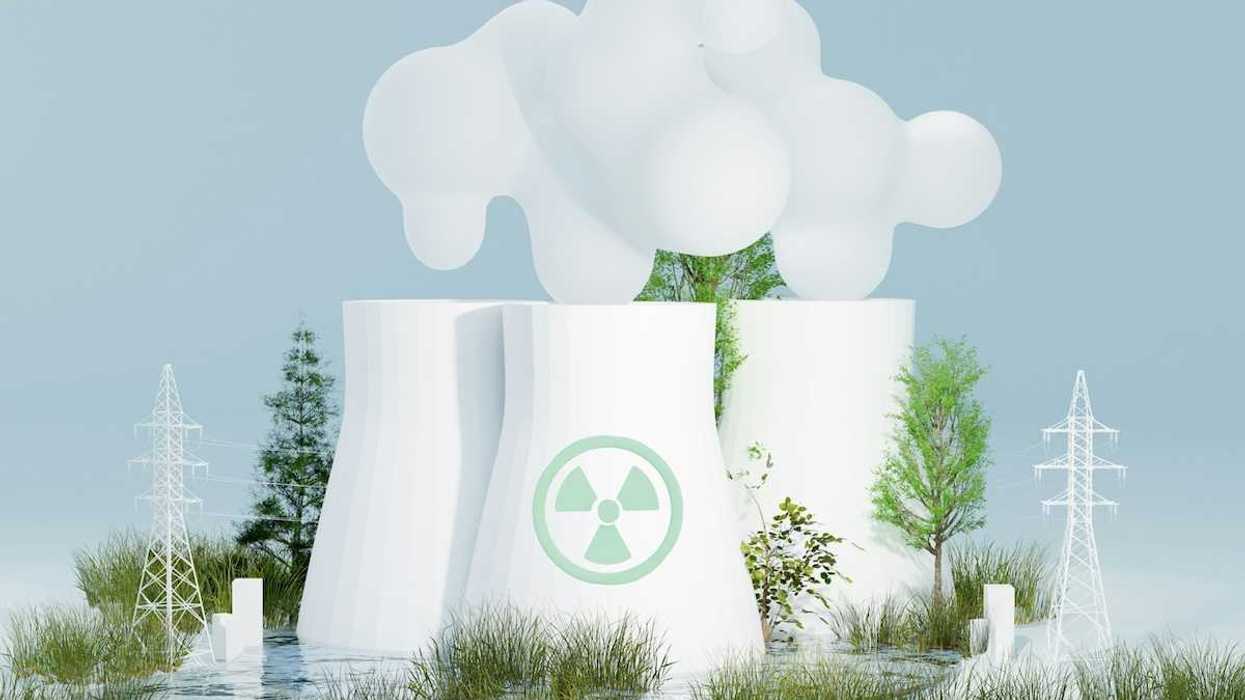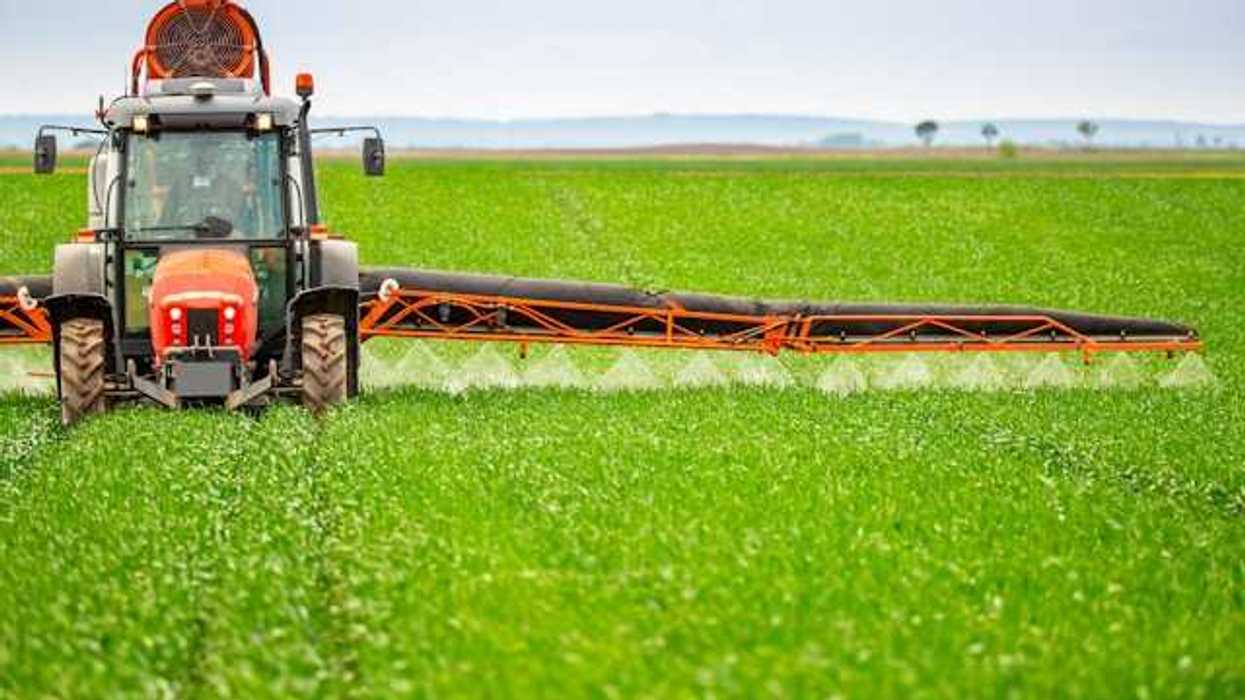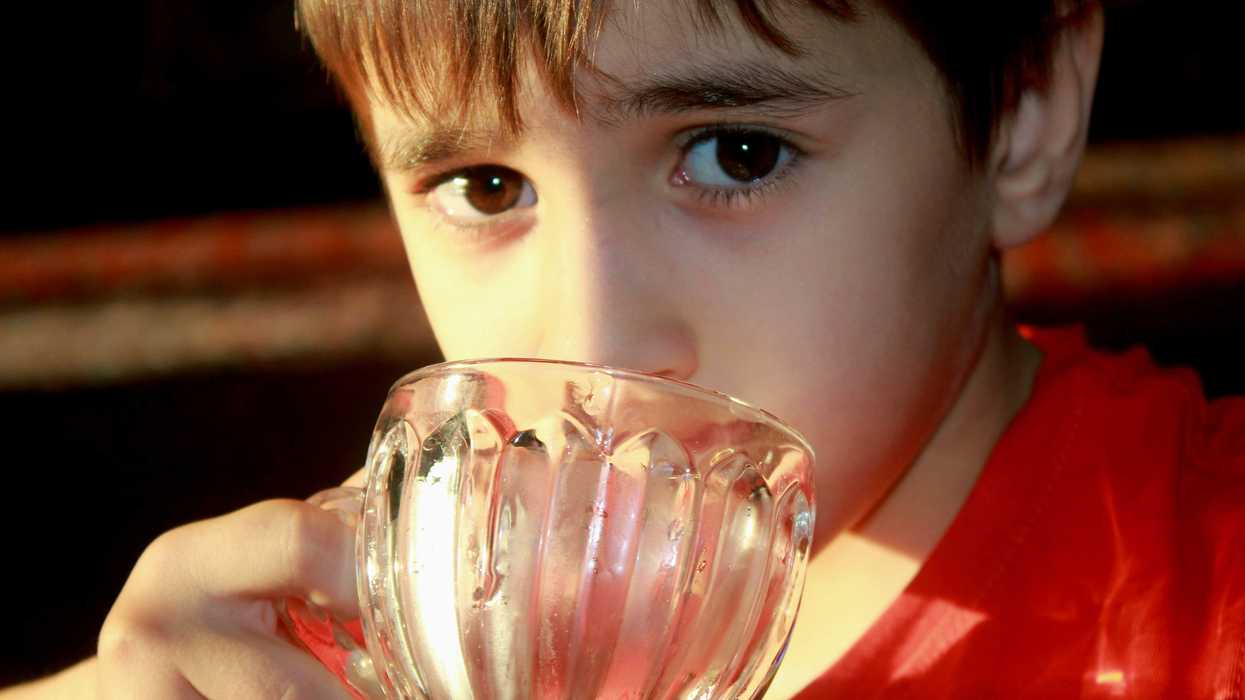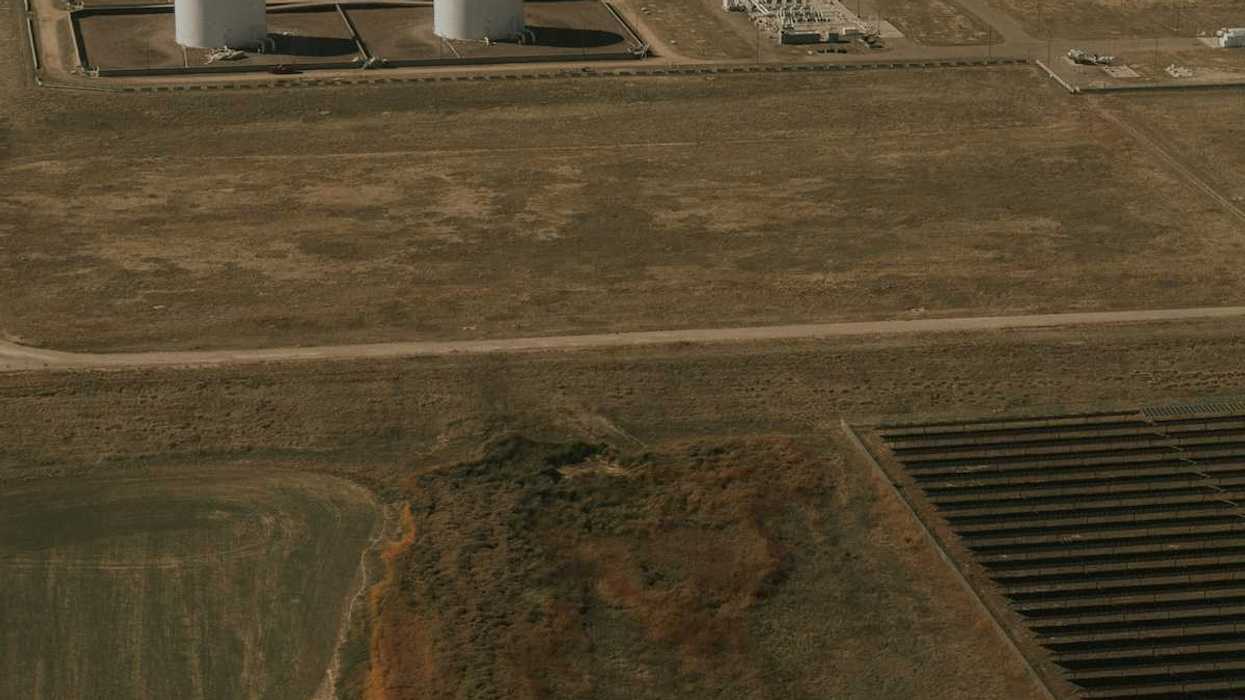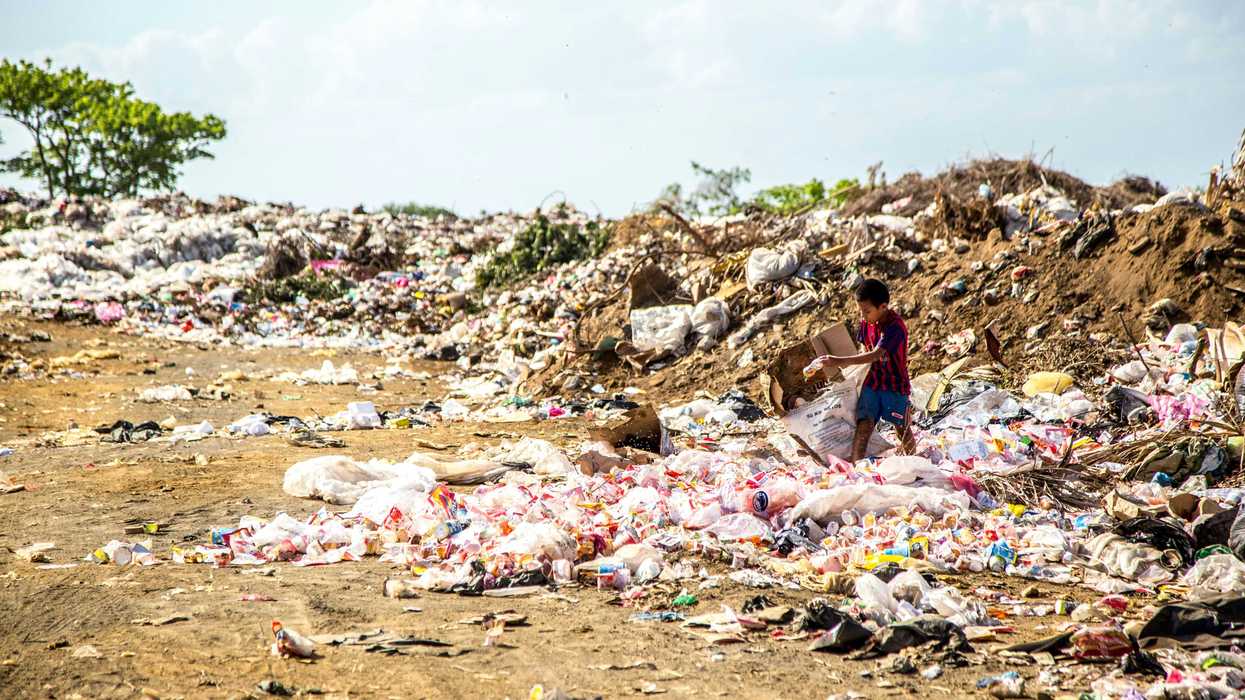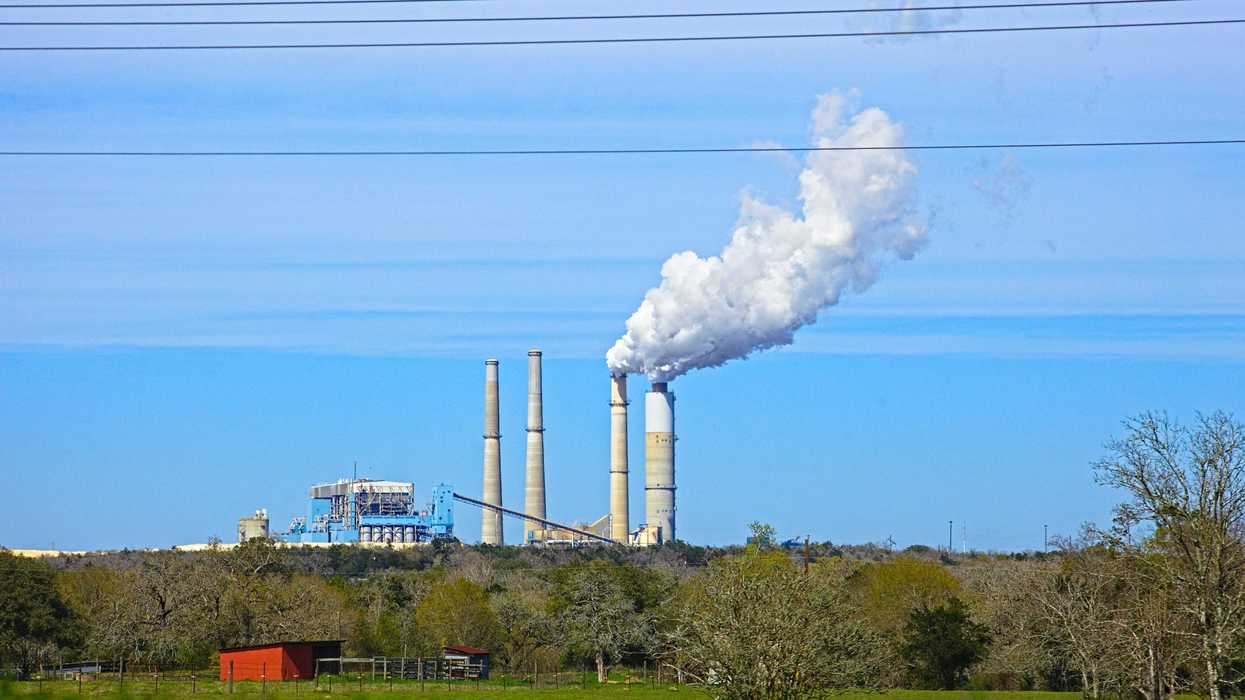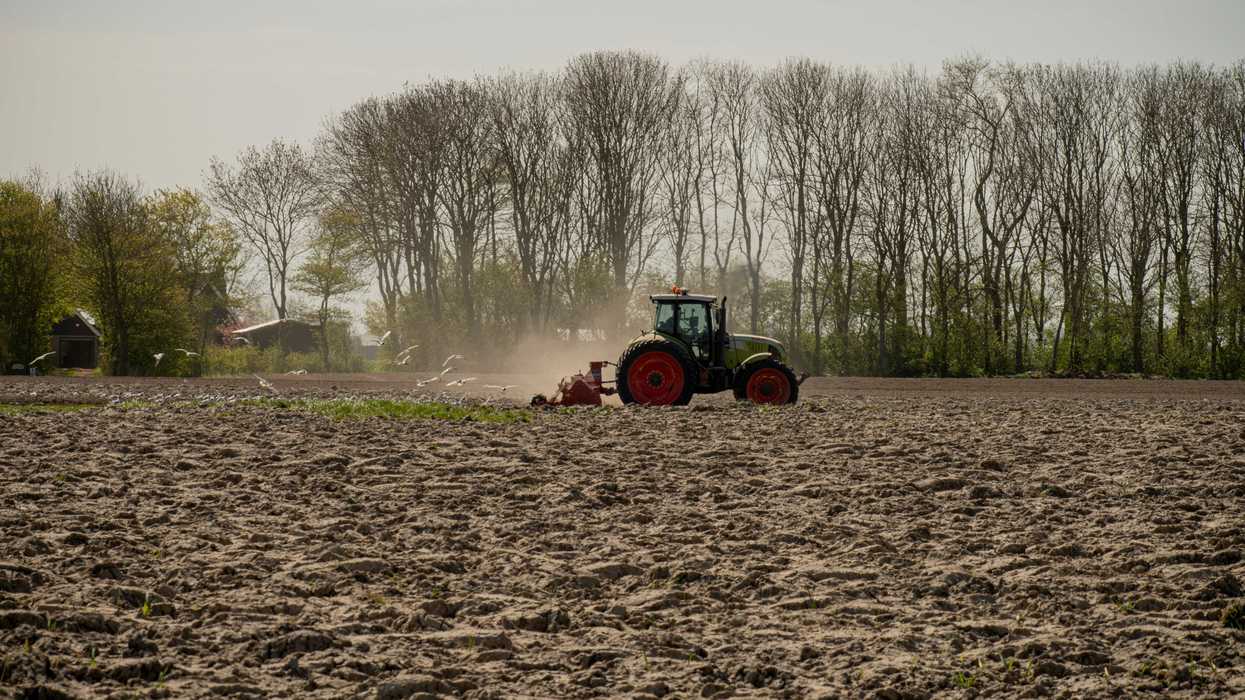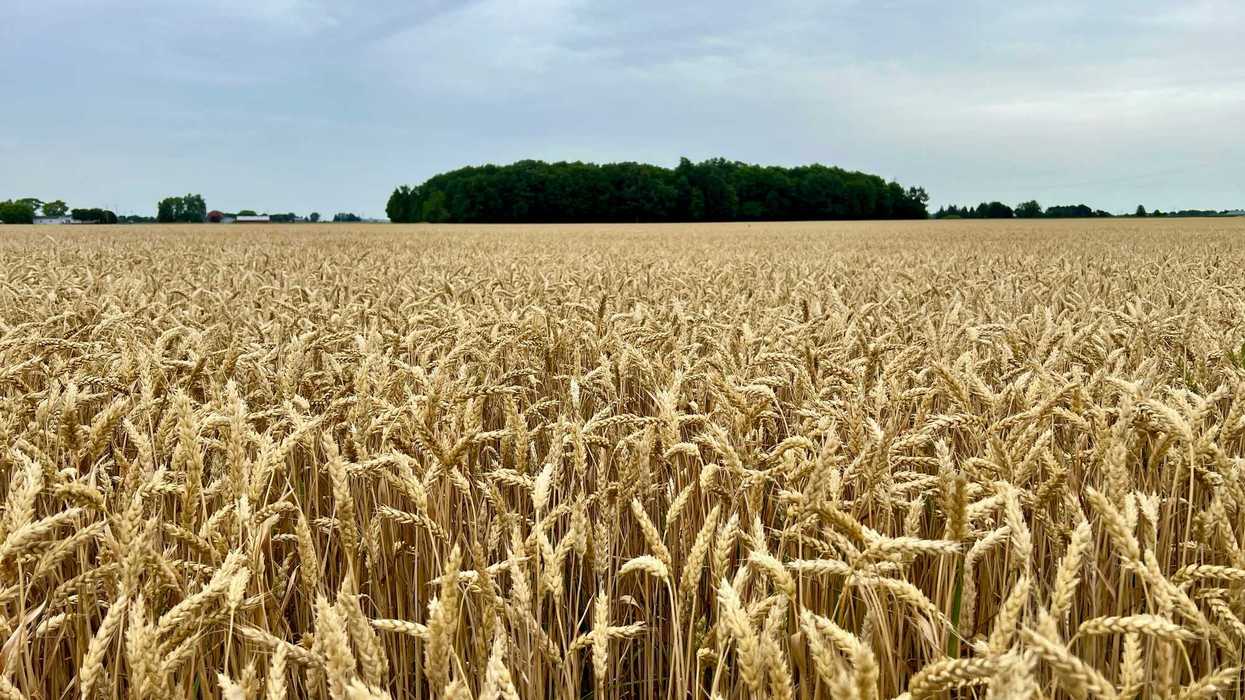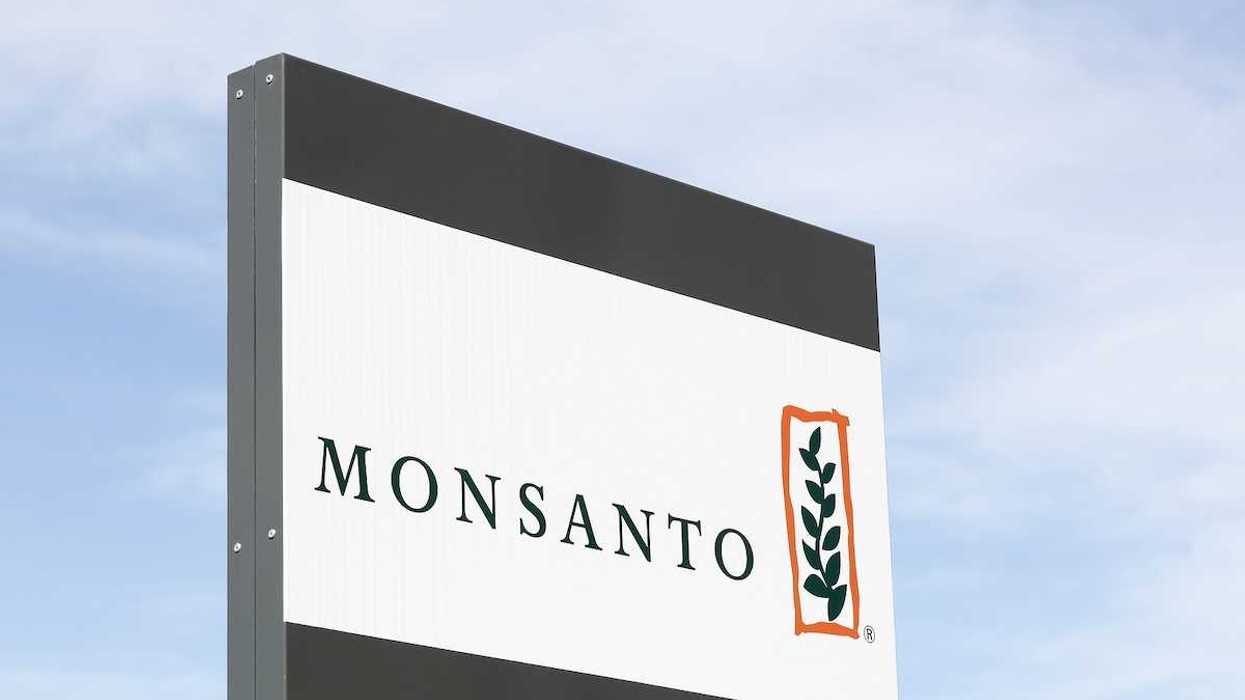Children’s health is under siege from synthetic chemicals linked to diseases, and scientists are calling for sweeping regulatory changes to safeguard future generations.
Carey Gillam reports for The New Lede and The Guardian.
In short:
- A New England Journal of Medicine paper links rising childhood illnesses, including cancers and neurodevelopmental disorders, to toxic chemical exposure, urging stricter global regulations.
- Researchers advocate for pre-market chemical testing, post-market surveillance and a global treaty to regulate harmful substances, citing the failure of current laws like the U.S. Toxic Substances Control Act (TSCA).
- Production of synthetic chemicals, driven by fossil fuels, is expanding rapidly, with serious health and economic consequences for children and society at large.
Key quote:
“The evidence is so overwhelming and the effects of manufactured chemicals are so disruptive for children, that inaction is no longer an option.”— Daniele Mandrioli, paper co-author and director of the Cesare Maltoni Cancer Research Center
Why this matters:
With childhood diseases like cancer and asthma skyrocketing, regulatory inertia on toxic chemicals endangers public health. Many of these chemicals are born from fossil fuels, tying the issue to our larger addiction to petroleum. While the petrochemical industry grows, so do the threats—not just to the environment, but to the smallest, most vulnerable members of society.
Read more: Ashley James on protecting children from environmental exposures.


